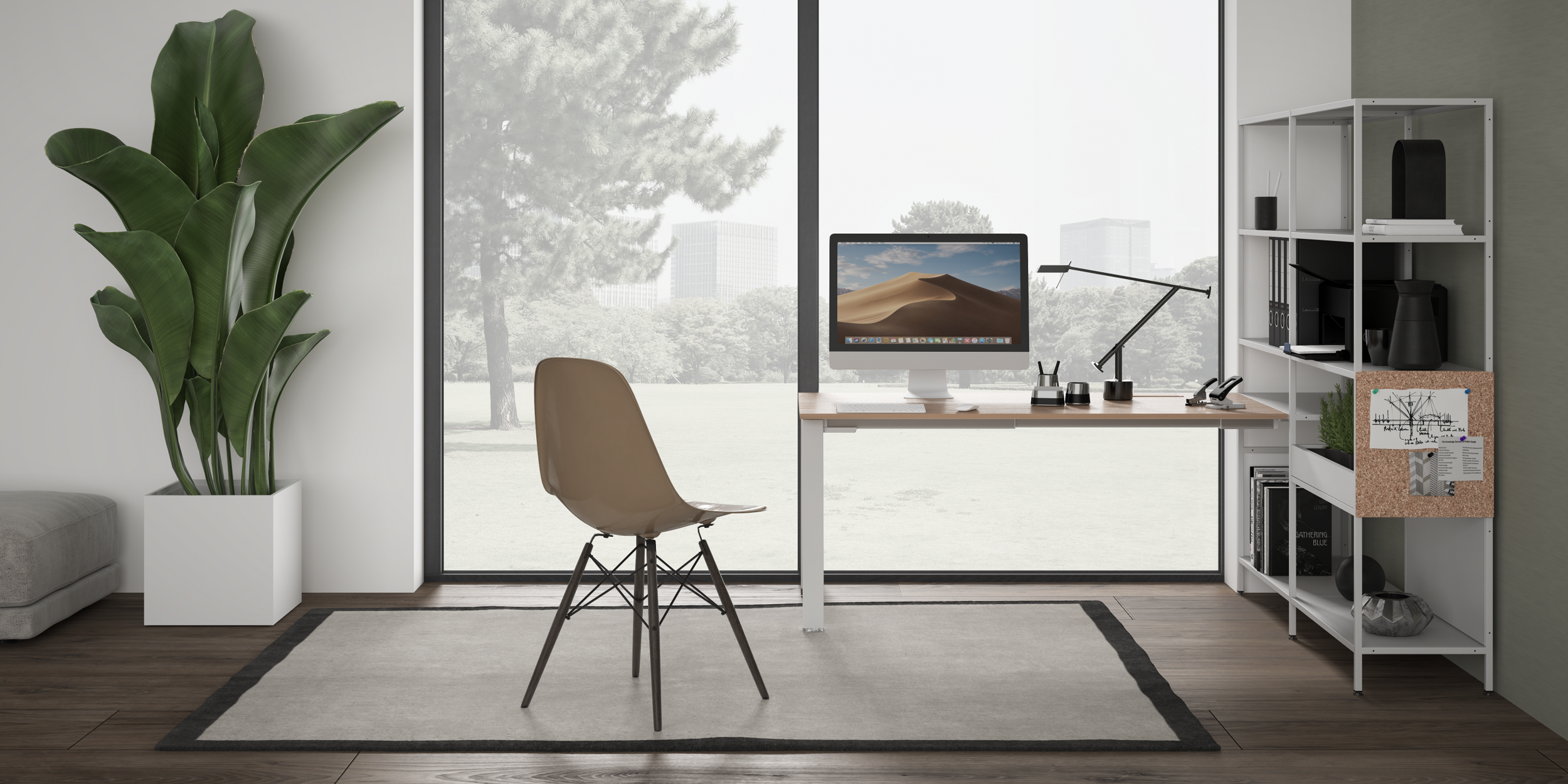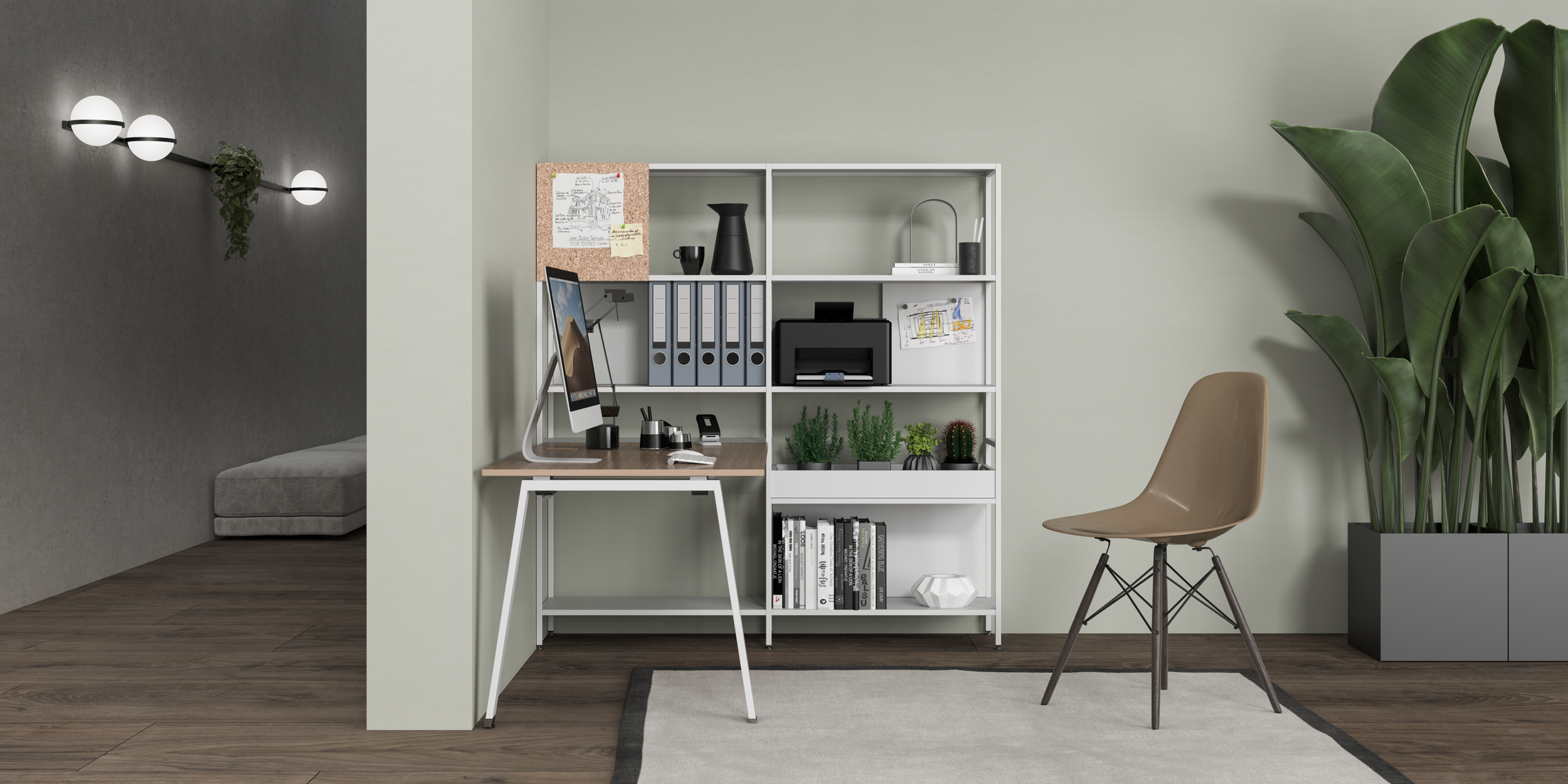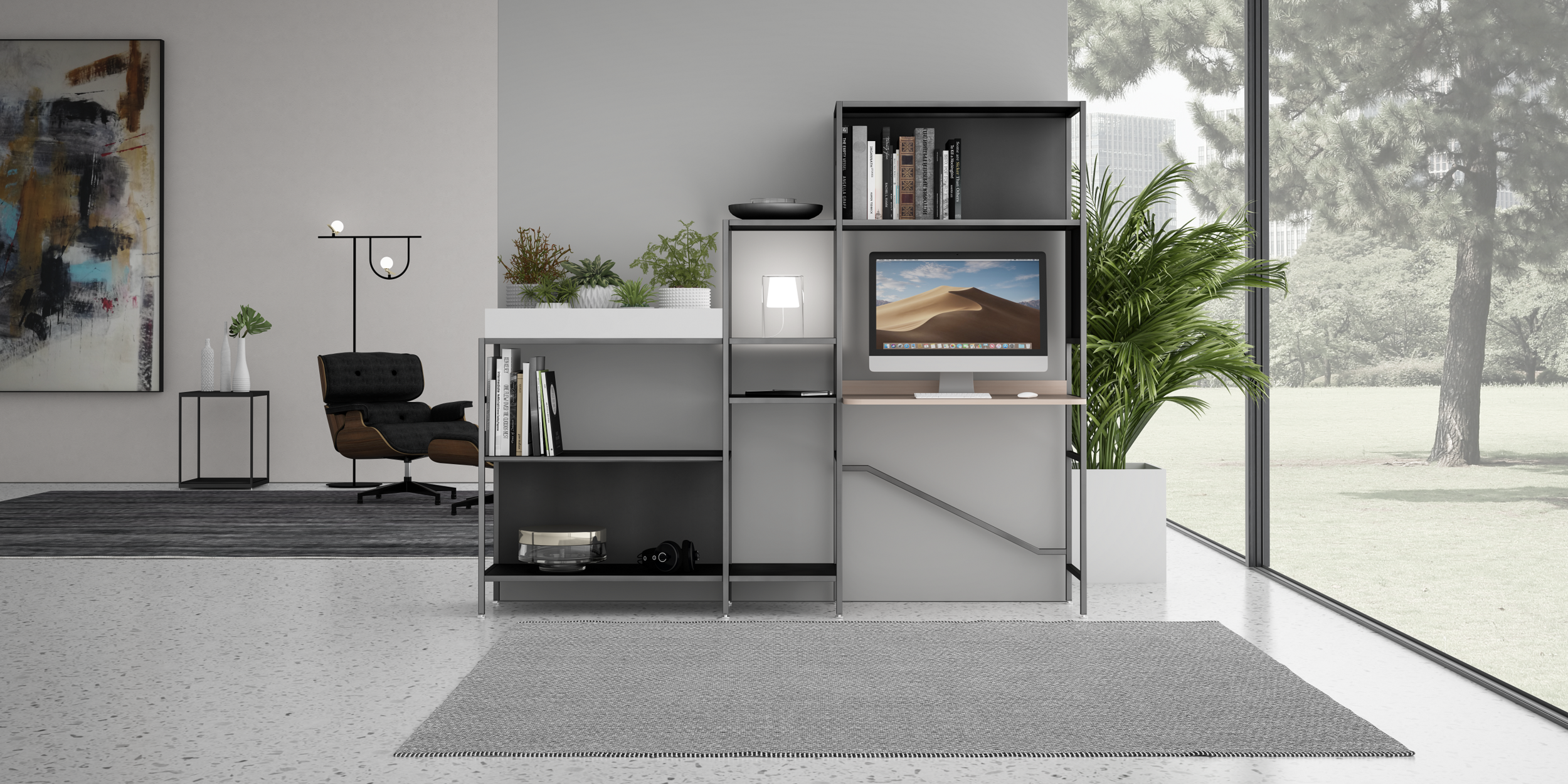Working from Home: Pros & Cons
/The 2020 Covid-19 pandemic has forced companies and employees worldwide to turn to a new work model: partial or total telecommuting.
At the beginning of the March quarantine and shelter in place mandates, when most of us had to move our workspaces to our homes, we adapted quickly and without much trouble at all. We did so well in fact, that many tech companies like Google, Twitter and Facebook announced they would consider remote work models indefinitely.
At first glance, telework seemed like the ideal scenario, didn’t it? But, as the months go by and the numbers go up amidst the Coronavirus crisis, which only seems to be getting worse, we can’t help but wonder: Is working from home all that it’s cracked up to be? In the long run, is it really better than going to the office?
Let’s look at some of the pros and cons of doing our work from our own living room.
PRO: Flexibility
Telework allows us to have our own schedule and manage our time. Off-site jobs also give us the possibility to take on other projects, which helps us diversify our income sources and therefore have more professional freedom and autonomy. Online gigs are also a life-saving option for caretakers who have responsibilities at home and couldn’t otherwise make a living. Product Hunt shared a poll that suggested “most people would take a pay cut if it gave them the ability to work remotely.” Other benefits like vacation time, free snacks and 401k packages didn’t seem as crucial as the option to work outside of the office when they needed to.
CON: Communication
One of the downsides of at home work is how more complex it becomes to communicate efficiently. Technical glitches on your Zoom meeting? Wifi weaker than your lower back? Unintended howling performances by your restless beagle?
Seems like a recipe for extra-strength frustration. Not to mention, all of the spontaneous interactions that we miss by only talking to our colleagues on the phone or through a screen when we have a scheduled call. No one actually sets a meeting for small talk. And forget about casual coffee chats on the hallways or lunches that lead to new ideas and successful breakthroughs.
Our 2020 State of Business Communication Report states that “face-to-face communication is the most preferred communication method by employees.”
“It’s important to have people in a room and see body language and read signals that don’t come through a screen,” says OpenExchange’s CEO, Mark Loehr.
PRO: No Commuting
This pro is probably everyone’s favorite. No need to get jolted out of bed at 5 AM by an evil alarm, shower in a rush to run out the door with our hair wet and our breakfast in our hand, cause we’re already late and horrible rush hour traffic is always on time.
Instead, when working remotely, we wake up, drink our slowly brewed coffee and bam!: We’re ready to work, simply by sitting in front of our laptops. All it requires is for us to look semi professional, from the waist up (pajama bottoms always a must).
No one likes to be stuck on the road for hours every single day or have to take several trains back and forth just to get to their jobs. Working from home not only saves you precious time and money, but also allows you to relax and enjoy your daily rituals and hobbies without the constant torment of a ticking clock.
CON: It Can Get Lonely
The new Covid-19 reality and the scary amount of illness and death it carries with it has shed light on just how important is it for us to stay connected and support each other.
Going to the office every day can be vital to the emotional health of many. Although some enjoy their peace and quiet, thriving within a private environment, there are those who actually need constant human exchange and can feel dangerously down when forced to spend long periods of time in isolation. For them, sharing with their peers and co-workers is the only socializing they get to do.
It is not the same to be locked up in a house with your family than it is to be all by yourself.
A Kaiser Family Foundation poll warns that “Nearly half of Americans report the coronavirus crisis is harming their mental health,” and more than “1,000 percent increase in calls and texts” was reported by an emergency hotline for people in emotional distress at The Substance Abuse and Mental Health Services Administration.
PRO: Productivity
Through a study, the University of California, Irvine discovered that inside an office, a typical employee is interrupted every 11 minutes, and that it takes around 25 minutes for them to focus back on the task. That is certainly an alarming statistic in terms of just how scattered our office work can be.
When working remotely, we aren’t really exposed to that level of disruption or noise pollution.
Our home office environment is far more controlled than that of our corporate spaces, which leads to a significant increase in productivity for the individual team member.
One good thing about the lack of social meetings that happen around the office is that at home, we don’t really experience those energy drains as we are usually working by ourselves and can better concentrate on completing our tasks.
CON: Performance
Productivity may be higher when telecommuting but actual performance may suffer. This is true especially for workers who started their job off site and didn’t have a chance to experience the face to face dynamics of the company. Young professionals depend on being able to watch their mentors perform to learn the tricks of the trade.
“I am concerned that we would somehow believe that we can basically take kids from college, put them in front of Zoom, and think that three years from now, they’ll be every bit as productive as they would have had they had the personal interaction,” says Ronald Kruszewski, CEO at Stifle Financial Corp.
Training new employees is also challenging when all you have is a camera and a screen. Working alongside your colleagues allows you to make choices together and help each other grow. In other words, team work can be less powerful and more time consuming when members are far and away.
PRO: Work/ Life Balance
The most intuitive perk of working outside of the office is the opportunity to better juggle our personal and professional selves. Our demanding jobs, as rewarding as they may be, also keep us away from our friends and families for longer than we would want. How many birthdays, anniversaries, school recitals and even everyday dinners have we missed because we got stuck in some meeting (that should have been an email) or prepping for a presentation?
Remote work can allow us to spend more time with our loved ones. Still, balancing our careers and our relationships, especially the one we have with ourselves, is perhaps the hardest part of success.
CON: Unplugging
And after a long, tedious telework shift, all we have to do is close our laptops, crawl to the couch (which is literally a few feet away) and call it a day. But do we, really?
When we work from home, it can actually be harder to stick to a regular schedule that when we’re in the office. There is no 5 PM school bell ringing inside our houses to remind us that we’re done for today and shall continue tomorrow, and we can’t see all of our co-workers packing up for the night and running to the closest Happy Hour bar.
Instead, we apparently get sucked into a Las Vegas-type situation where we forget to check what time it is or if the sun is still out, because it is easier to just keep going from right there were we’re sitting.
This behavior may end up being more harmful than we think as it counteracts so many of the benefits of working remotely.
So the question remains: To home, or not to home?
We have learned there is no easy answer. All we know is we haven’t found a one-work-fits-all solution that suits every company and employee across the board. Some may determine that “home is where the work is” and others will emphatically prefer an in-person scenario. Many may even adhere to a hybrid version, conveniently alternating between home and office as needed.
Like most matters, it will be up to each individual and organization to decide what works best for them and more so, if they want to stay afloat during this challenging time. What we can all agree on is that, regardless of where we are, our top priority is and always will be to protect each other’s health and integrity, through the present health emergency and beyond.
Written by Kika Pérez for UOF Editorial
Sources: Wall Street Journal, The Washington Post, Nextiva Blog












